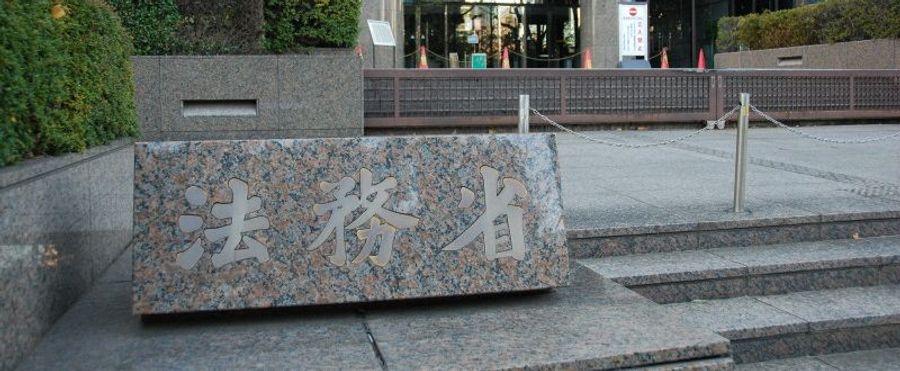In a move to enhance road safety, Japanese government has proposed 'standard values' to redefine dangerous driving. Authorities cite increased traffic accidents due to reckless conduct as the motivation for this change. These revised standards aim to provide clear evaluation parameters for law enforcement and, ultimately, reduce the number of incidents caused by unsafe driving practices. Details regarding the proposed values and their expected implementation are yet to be revealed by the relevant authorities.
Traffic safety is a major concern in Japan, which has a densely populated traffic culture. Laws compete with deeply ingrained norms of politeness and order, while errant driving is often viewed with strict societal disapproval. This proposal is seen as a move to further enforce societal order, and many citizens are keenly following its development for its potential to increase overall road safety.
In the US and EU, dangerous driving is broadly defined and there's a variety of penalties depending on the specifics of each case. Standardized evaluations or 'value' systems are not as common, and legal consequences can range from minor fines to serious charges like vehicular homicide. The proposed Japanese approach would make their system more stringent and consistent, in line with the country's penchant for order and clarity.

